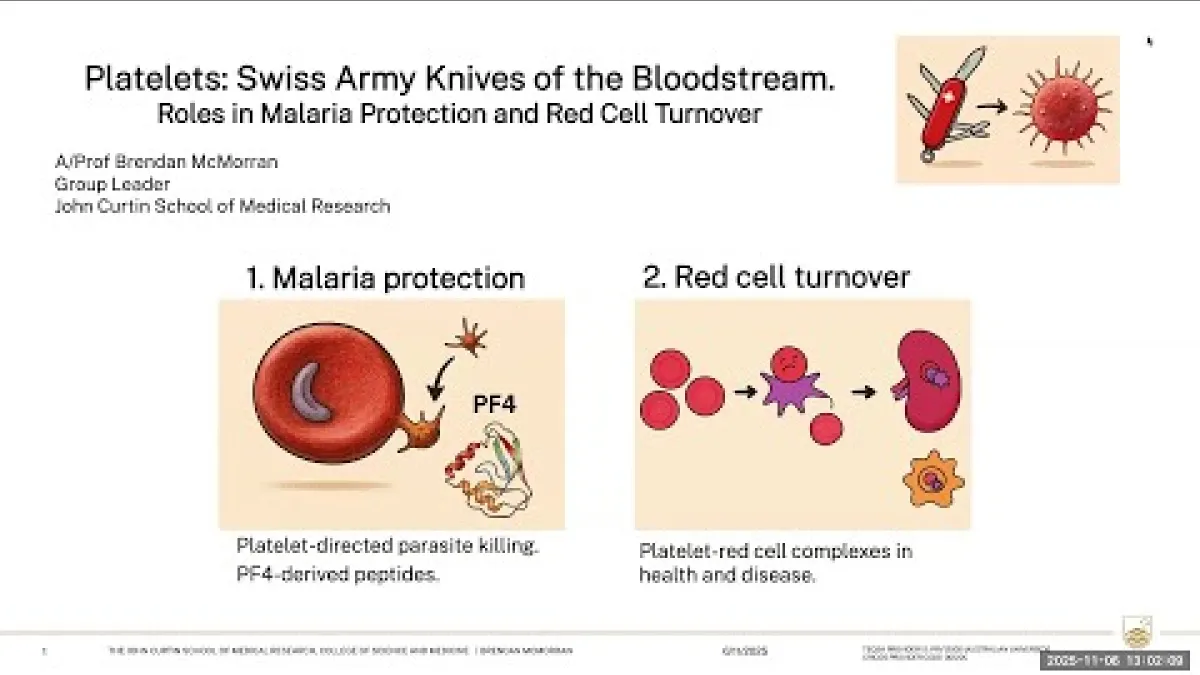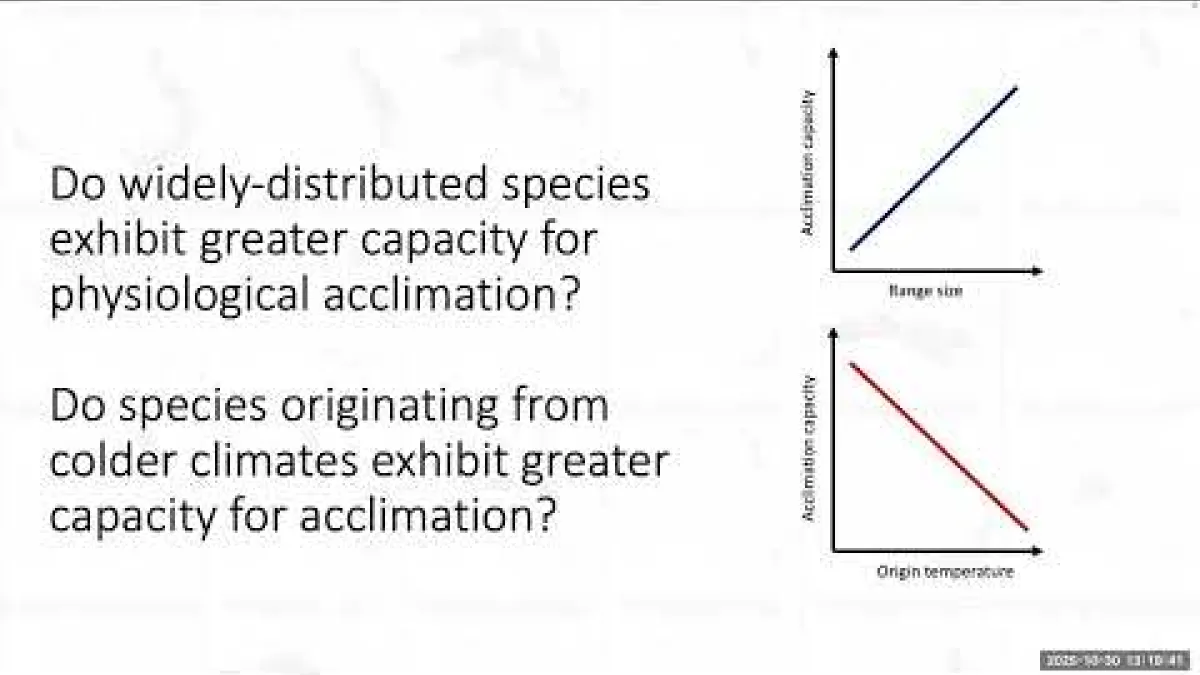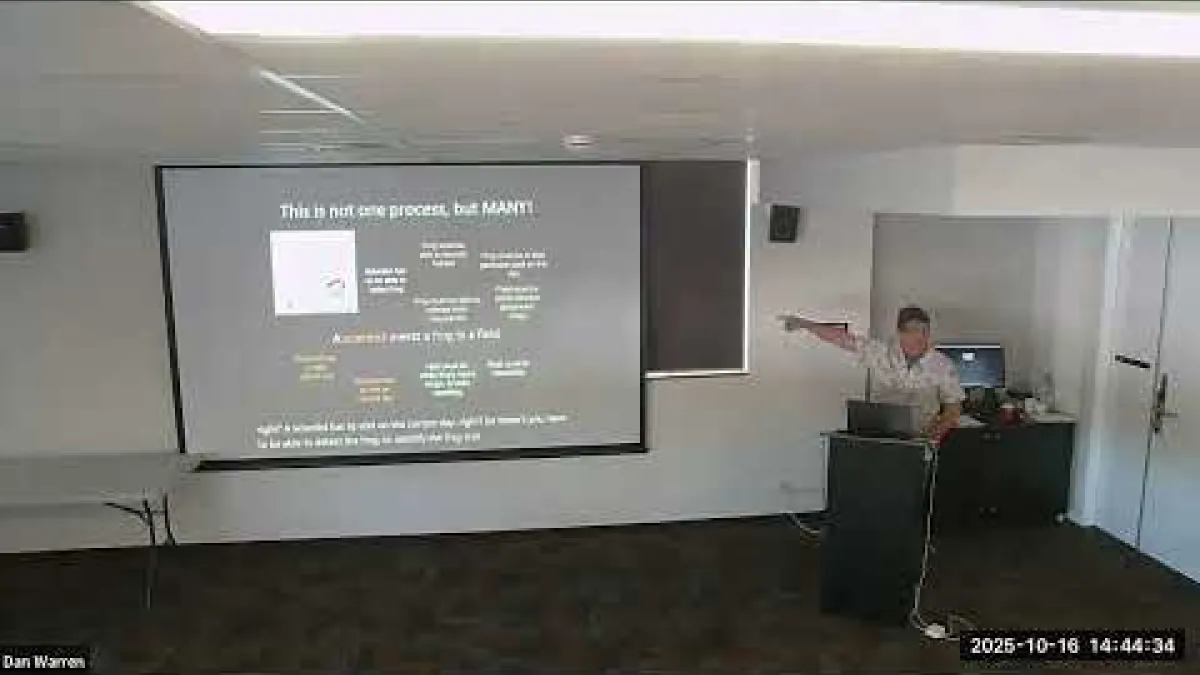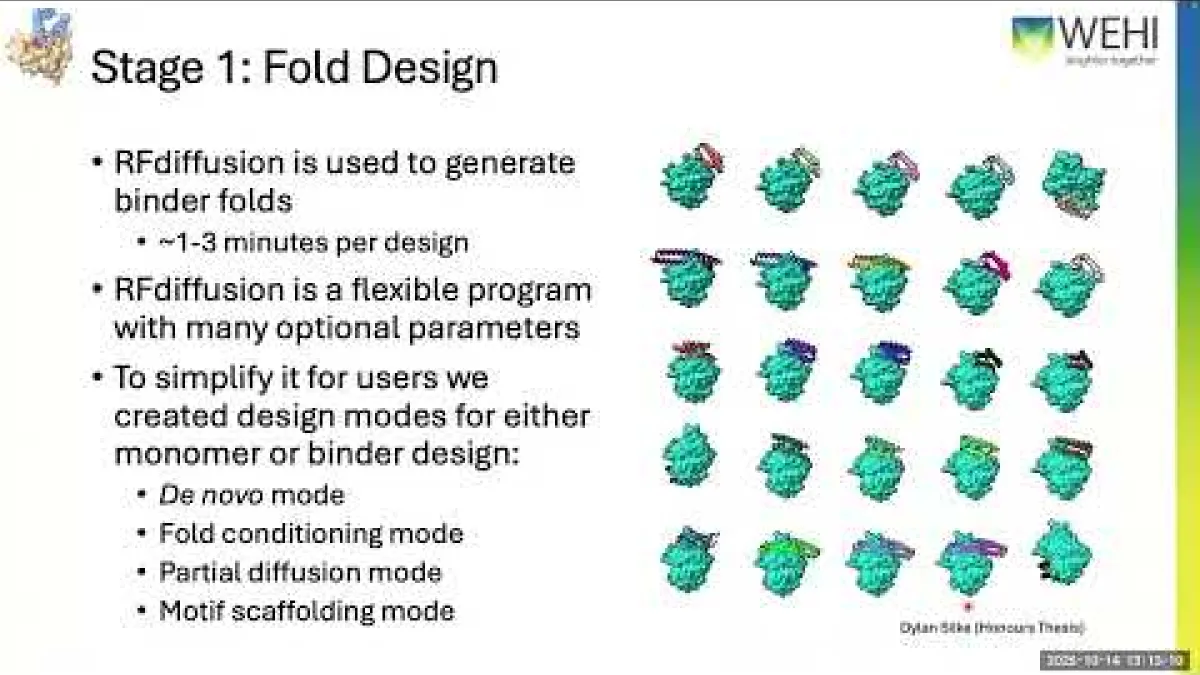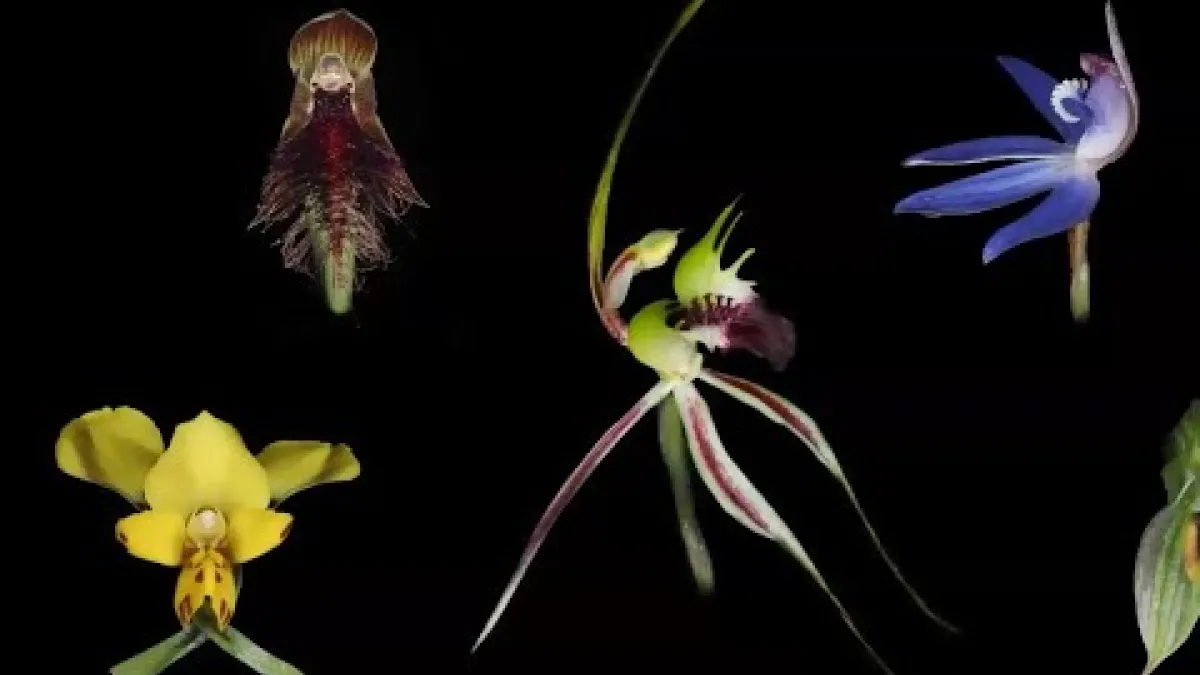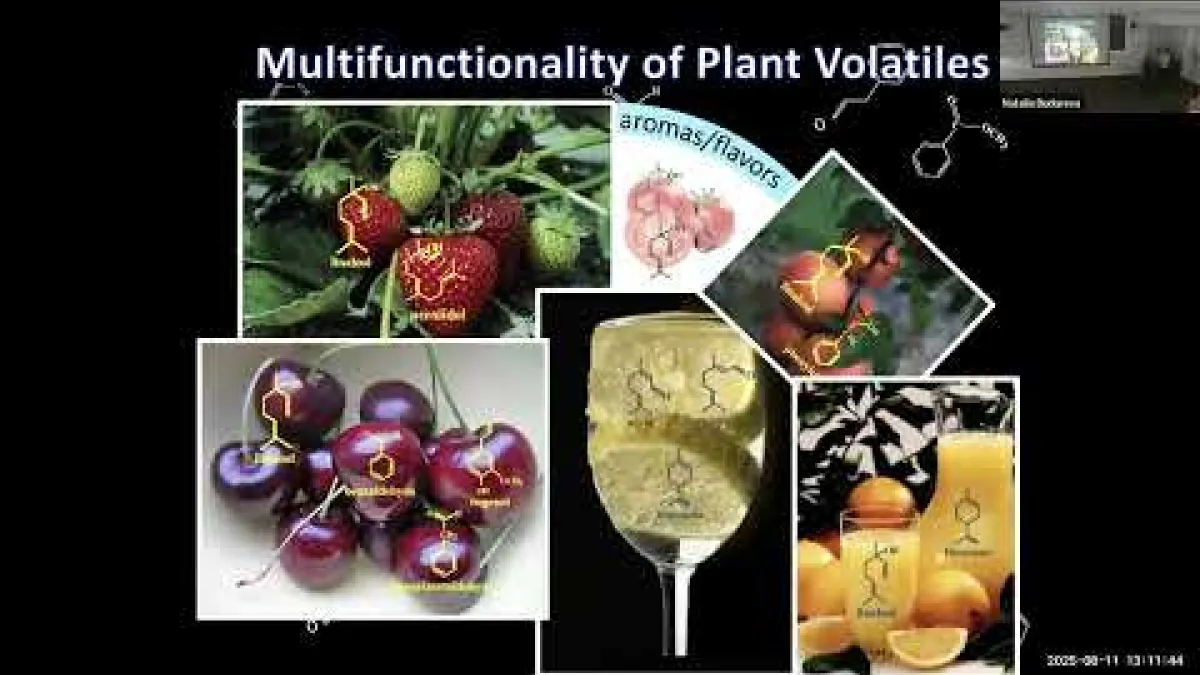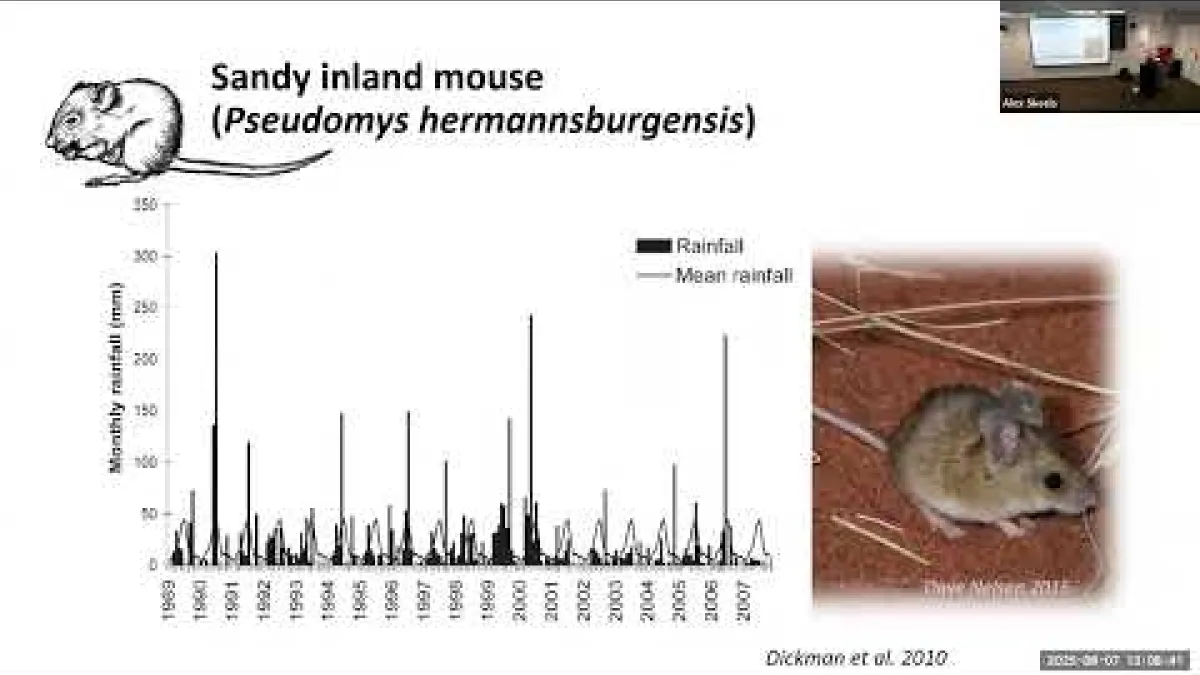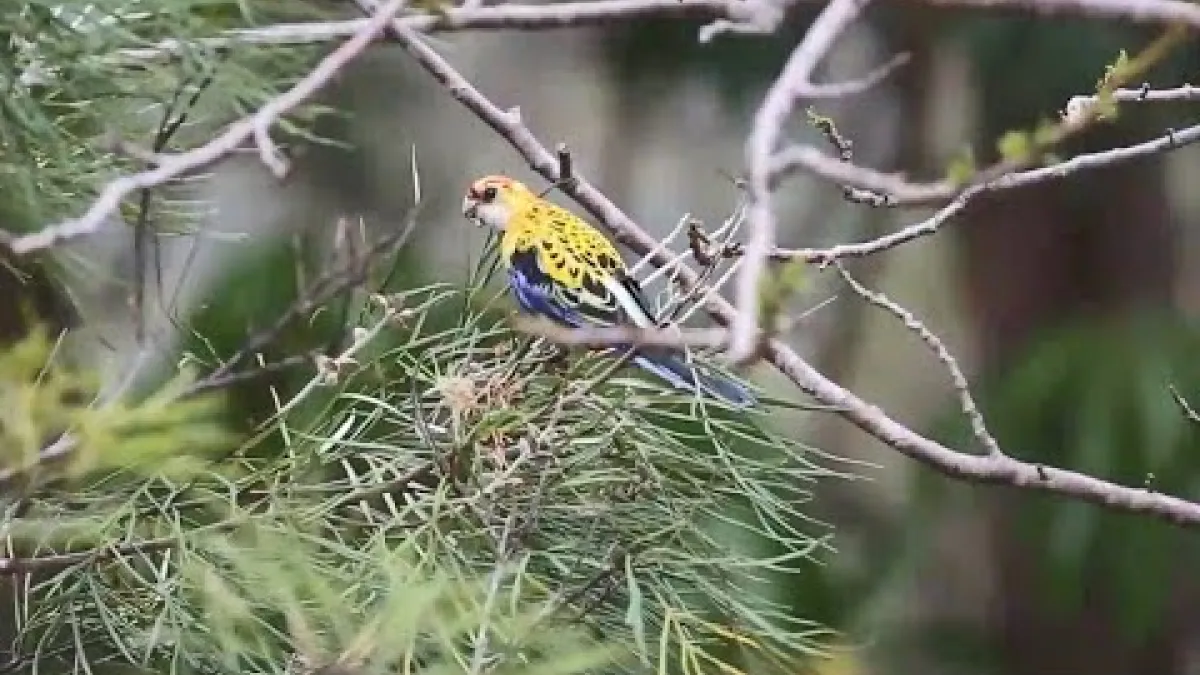Event recordings
Watch and listen to recordings of our past presentations.
6 Nov 2025 | 1 - 2pm
- A/Prof Brendan McMorran, Associate Director HDR and Group Leader, JCSMR
30 Oct 2025 | 1 - 2pm
- Josef Garen, Postdoctoral Research Fellow at Hawkesbury Institute for the Environment, Western Sydney University
16 Oct 2025 | 2:30 - 3:30pm
- Dr Dan Warren, Senior Research Fellow, Gulbali Institute in Albury-Wodonga, CSU
14 Oct 2025 | 1 - 2pm
- Dr Josh Hardy, Senior Research Officer - Lucet Laboratory, New Medicines and Diagnostics Division, WEHI
11 Aug 2025 | 1 - 2pm
- Distinguished Professor Natalia Dudareva, Department of Biochemistry & Director for the Center for Plant Biology, Purdue University, Indiana
7 Aug 2025 | 1 - 2pm
- Dr Emily Stringer, Postdoctoral Research Fellow, Centre for Conservation Ecology and Genomics, University of Canberra ; Dr Jarrod Sopniewski, Postdoctoral Research Fellow, Centre for Conservation Ecology and Genomics, University of Canberra
24 Jul 2025 | 1 - 2pm
- Dr Daniella Teixeira, Research Fellow, Queensland University of Technology

